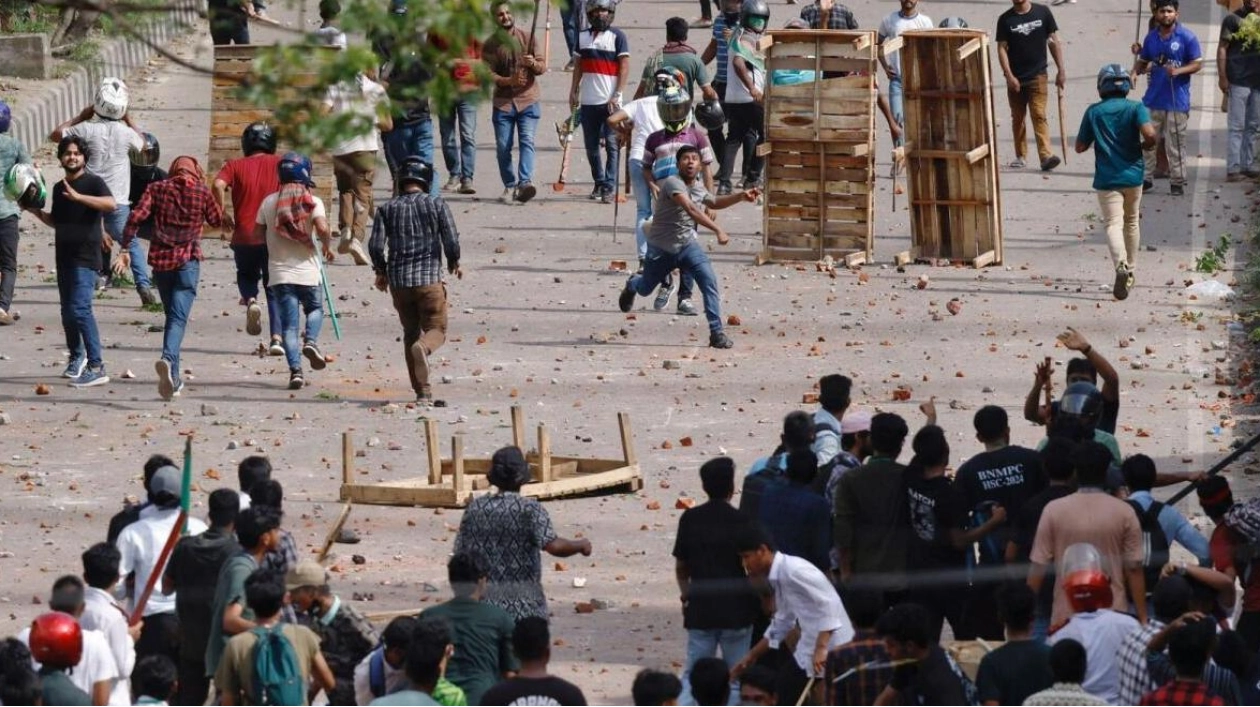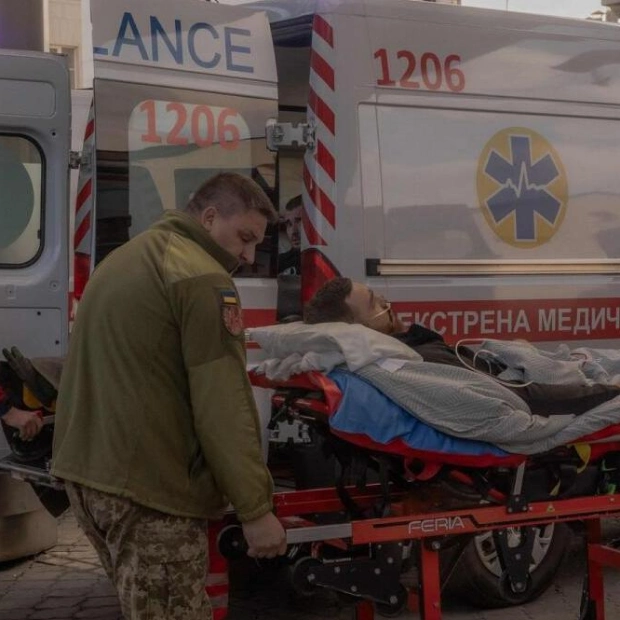Bangladesh has mandated the indefinite closure of all schools nationwide following the tragic deaths of six students during violent protests, which led to the deployment of paramilitary forces to maintain order. The directive affects every high school, Islamic seminary, and vocational education institute, with no specified reopening date, amidst escalating protests against current civil service recruitment policies. The situation turned particularly violent on Tuesday, with clashes between demonstrators and pro-government student factions involving the use of bricks and bamboo rods, and police intervention with tear gas and rubber bullets. Education Ministry spokesperson M. A. Khair emphasized the closure decision was made to ensure student safety. Notably, the order excludes universities, where the majority of protesting students are enrolled, as the ministry lacks the authority to close them. At least six fatalities were reported on Tuesday, with three in Chittagong showing signs of bullet wounds and another two in Dhaka, where student groups obstructed major roads, causing significant traffic disruptions. In Rangpur, a student was reported killed during protests, with details of the incident sparse. The paramilitary Border Guard Bangladesh (BGB) was activated in five major cities to manage the escalating law and order situation. The confrontations reflect ongoing protests against a quota system in civil service hiring, which critics argue disproportionately benefits the children of pro-government groups. International responses, including from Amnesty International and the US State Department, have called for the protection of peaceful protesters, drawing a sharp response from Bangladesh's foreign ministry.

Text: Lara Palmer
16.07.2024
Six students killed in clashes over civil service hiring policies prompt nationwide school closures.





